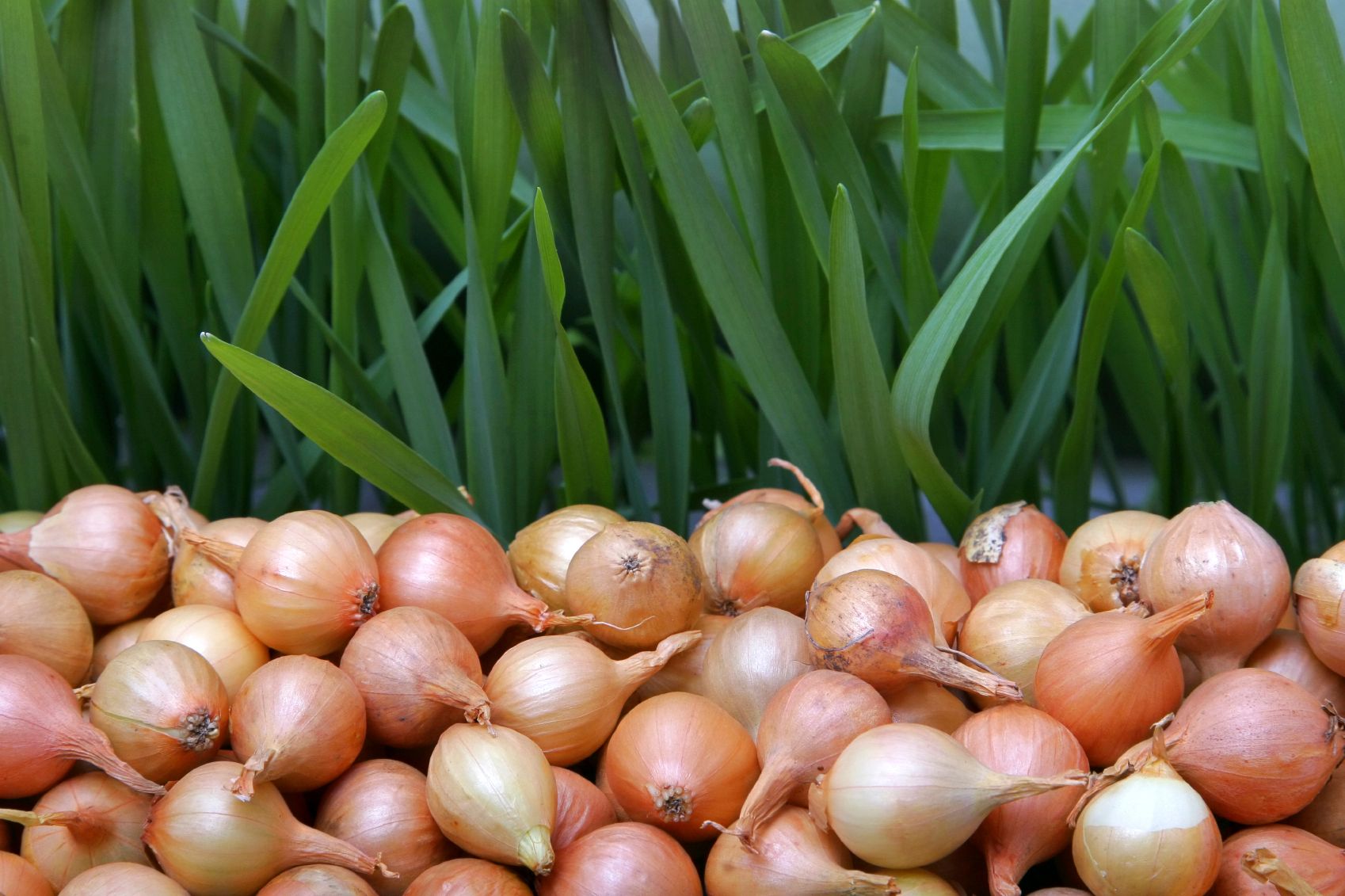Spice Benefits Reduced-Fat Products
Adding spices and herbs to reduced-fat products can make all of the difference, according to a new study.

Reformulating products with reduced fat isn’t a simple task, but researchers at the University of Colorado Denver think that adding spices to reduced-fat meals can make all the difference. Their most recent work is published in the journal Appetite.
In a trial on 148 adults, researchers assigned participants to consume the same meal in three different conditions: full fat, reduced fat, and reduced fat with herbs and spices. Using a nine-point hedonic scale, participants scored their satisfaction with every meal.
The addition of herbs and spices improved satisfaction with reduced-fat meals on all occasions. For some dishes, adding extra flavors even restored satisfaction to the level experienced with full-fat meals. Simple spices such as garlic powder, onion powder, salt, and pepper managed to improve the consumption experience while the overall reduced-fat meal boasted a 28% reduction in total calories and a 60%–64% reduction in saturated and total fat.
This may be the first systematic study to analyze the effect of spices and herbs in reduced-fat products, according to the researchers. Since their study was predominantly made up of females, future studies should take men into consideration.
Dishes in the study included meatloaf with garlic and herb seasoning (0.27 g/serving), basil (0.03 g/serving), and oregano (0.03 g/serving); vegetables with garlic powder (4.06 g/serving), onion powder (2 g/serving), and dill weed (4.05 g/serving); and pasta with garlic powder (26.7 g/serving), onion powder (15 g/serving), and chives (1.5 g/serving).
Robby Gardner
Associate Editor
Nutritional Outlook magazine
robby.gardner@ubm.com
Photo © iStockphoto.com/Sveta